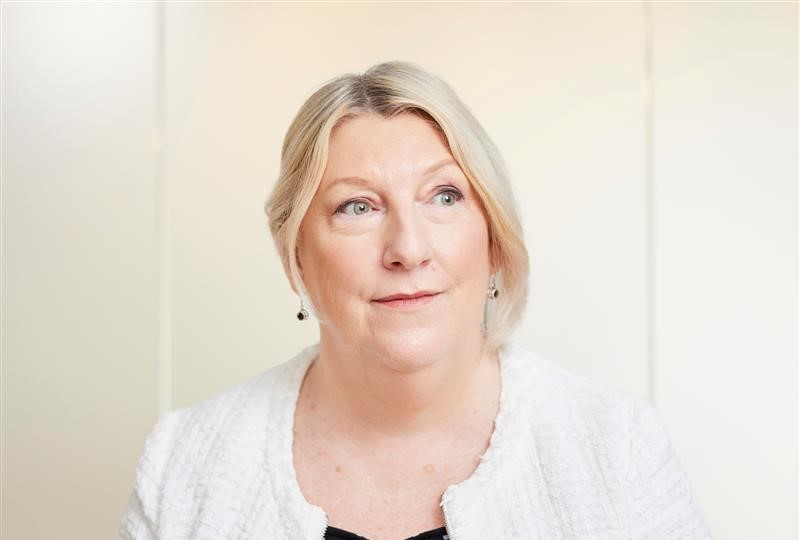
Last week, POWERful Women (PfW) released its 2025 State of the Nation report as part of the organisation’s work to achieve a gender-balanced, diverse and inclusive energy sector in the UK.
Here, our Chief People Officer Penny Meddes reflects on how we've made a difference at SGN and shares her thoughts on accelerating change at the top:
Publishing this data annually is designed to challenge UK energy companies on their gender diversity, encourage accountability, and drive faster, more tangible action.
This is an excellent and essential initiative, as our sector currently sits below 40% female representation in leadership and middle management, a target that PfW has set the industry for 2030.
I was very pleased and proud to see SGN named as one of the top ten performers for women in leadership, while we were also singled out for good practice.
However, although there has been incremental progress in female representation, the stats do show ongoing challenges. But while women still face career barriers at all levels, gender balance is within reach if company leaders take action.
The organisation is calling for a commitment by all industry leaders to urgently address barriers to attracting, retaining and progressing talented women in the industry, for better business performance, resilience and innovation.
My feeling is globally, the pace of change hasn’t been quick enough – it’s reported that it could still take up to five lifetimes to achieve gender equality.
However, looking at my own upbringing, and now my children’s, I do see how much has changed. This is the case at SGN, too, where we’re developing all pools of talent to meet our net zero ambitions.
So what have we done that has made a difference? One of the key drivers behind our great statistics for senior level women (C-suite and those reporting to C-suite) has been our 2023/24 leadership development programme.
We purposely ensured we had proportionally more women on the programme than in our company's workforce as a whole; 32 per cent of those who attended were women. In addition, nearly 10 per cent of the cohort were non-white.
Like many organisations, we know mentoring is a powerful way for our people to support colleagues across the business.
Sharing professional experience, industry knowledge, or even valuable life lessons, can make a lasting difference.
Not only does it help someone grow, overcome challenges and reach their goals, it helps the mentor develop as a leader and sharpen their coaching and problem-solving abilities. I know from my experience that it is also incredibly rewarding, meaningful and a great way to stay engaged.
A particular strength about PfW’s latest report is its practical examples from the top performing companies of what works.
For me, this will be what accelerates the change: sharing stories of success and doing more of what is working.
If you want to find out more on this, PfW have helpfully shared the video from their report launch last week. It’s packed with brilliant thoughts, perspectives and ideas for action.
I hope, also, that I can use my experience to inspire young women that they too can achieve success in male-dominated sectors.

